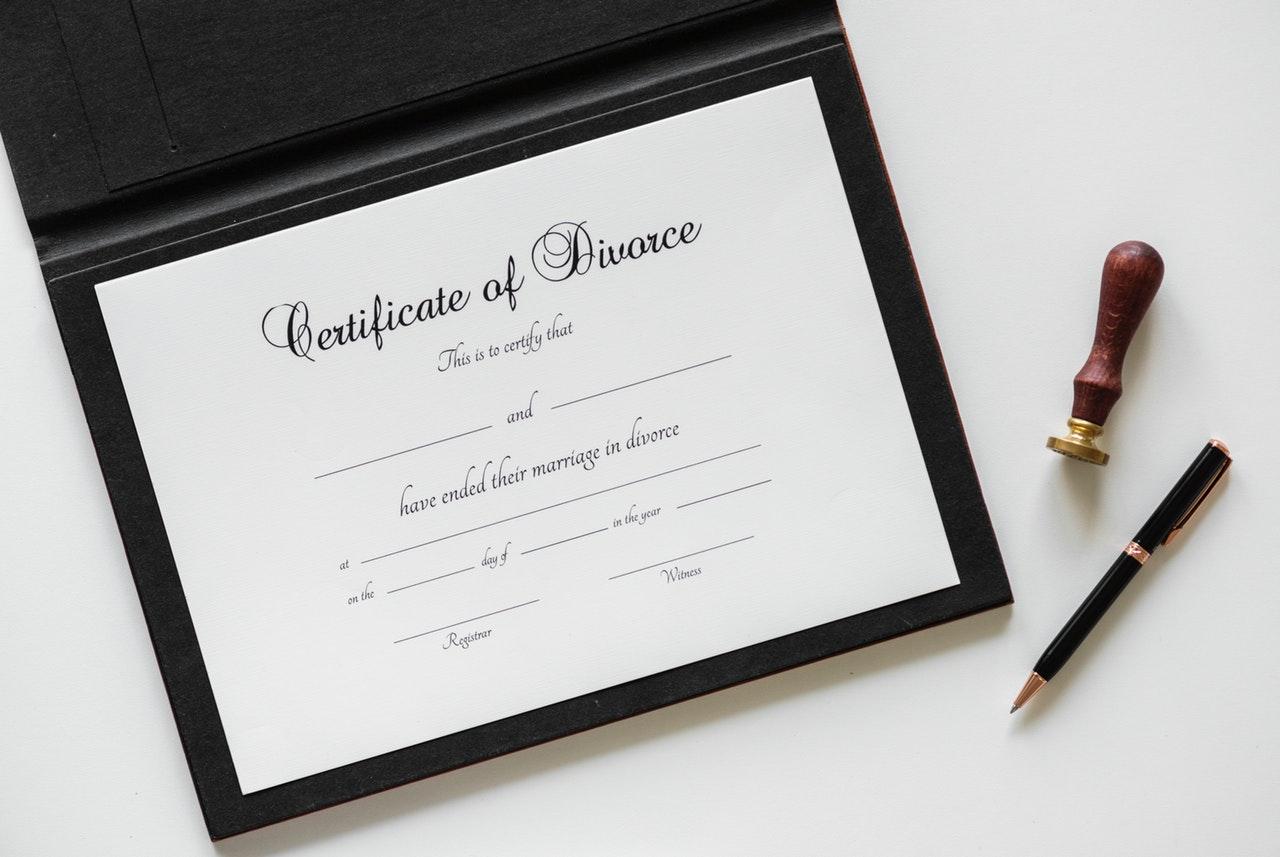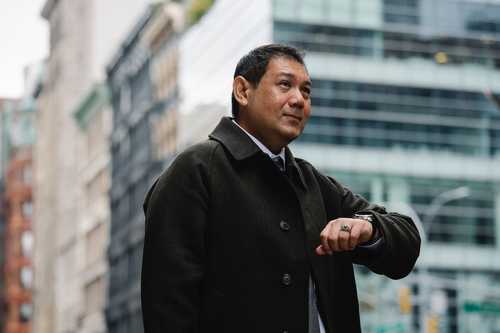Conditional permanent residents who obtained a green card through marriage to a US citizen or permanent resident must file an I-751 petition to remove conditions jointly with their spouse within 90 days of the expiration of their 2-year conditional green card.
But what happens if the conditional permanent resident is no longer married when the time comes to file the I-751 petition to remove conditions? If the conditional permanent resident is no longer married at such time, she may obtain a waiver of the joint filing requirement. As a New York immigration lawyer, below I explain the waiver of the joint filing requirement process.
Who is excepted from the joint filing requirement?
Conditional permanent residents who obtained a family-based green card may request a waiver of the joint filing requirement if they can prove that they meet one of the following 5 exceptions:
- You married the US citizen or permanent in good faith and divorced your spouse during the 2 year conditional permanent residency period.
- You married the US citizen or permanent resident in good faith and your spouse passed away during the 2 year conditional permanent residency period.
- Your removal (deportation) from the United States would result in extreme hardship to you.
- You married the US citizen or permanent resident in good faith and were subjected to extreme cruelty by your US citizen or permanent resident spouse.
- You are the child conditional permanent resident whose US citizen or permanent resident stepparent subjected the child to extreme cruelty.
Can I obtain a waiver of the joint filing requirement if I am legally separated or in divorce proceedings?
In order to qualify for a waiver of the joint filing requirement under the divorce exception, the conditional permanent resident must be divorced at the time the removal of conditions petition is adjudicated. A legal separation does not qualify one for the divorce exception.
If the conditional permanent resident is in divorce proceedings when adjudication occurs, USCIS will likely issue a Request for Evidence or “RFE” requesting proof that the marriage has been terminated. The conditional permanent resident will generally have 87 days to respond to the RFE. If the divorce is finalized within this 87 day period, the conditional permanent resident will be able to prove that the divorce has occurred and will be eligible for the waiver.
How do I prove that I entered my marriage in good faith for the joint filing requirement waiver?
To qualify for the divorce exception for the joint filing requirement, the conditional permanent resident should submit proof that the marriage was genuine and not entered into solely to receive an immigration benefit. The following evidence may be submitted to prove a good faith marriage:
- Combined financial resources,
- Shared residence,
- Proof of vacation and trips together,
- Evidence of having children together,
- Wills and other estate documents,
- Letters and Affidavits from friends and family members proving a good faith marriage.
If you need assistance applying for a waiver of the joint filing requirement, I recommend you contact an experienced family-based immigration lawyer. As part of our immigration lawyer New York services, we regularly represent individuals in the family-based immigration USA process, including removal of conditions on 2 year green cards. If you are searching for an “immigration lawyer near me” because you wish to apply for a family-based green card or wish to remove the conditions on your 2 year conditional green card, please contact our New York immigration law firm office.
What if I do not meet any of the criteria for a waiver of the joint filing requirement?
When a conditional permanent resident cannot obtain a waiver, she will have to submit Form I-751 petition to remove conditions jointly with her US citizen or permanent resident spouse. To remove the conditions on the 2 year green card, the conditional permanent resident and her spouse will have to prove that:
- Their marriage was legal.
- They are still married.
- The marriage was entered into in good faith and not solely to obtain an immigration benefit.
Even if the conditional permanent resident and her spouse are separated or in divorce proceedings, they may still jointly file the I-751 petition to remove conditions. The I-751 petition should not be denied solely because the petitioners have filed for divorce. However, filing for divorce soon after obtaining a conditional green card may be used by the government to show that the marriage was entered into solely to obtain an immigration benefit.
The immigration officer adjudicating your case may determine that your marriage is not genuine and could deny your I-751 petition. In such an event, your case will be transferred to your local USCIS Field Office where another immigration officer will conduct an interview with both you and your spouse. After that interview, the immigration officer may decide to approve or deny your I-751 petition.
Our New York immigration lawyer is here to help with your family-based immigration case
Are you looking for legal representation in your family-based green card case? Do you need help completing and filing your I-751 petition to remove conditions? Are you searching for an “immigration lawyer near me”? As an experienced New York immigration law firm, Pandev Law has the knowledge and experience to guide you through your family-based immigration case.
To learn more about our immigration attorney New York services or to schedule a consultation with our New York immigration attorney, please complete our contact form, email [email protected], or call us at (212) 220-6652.
During your consultation, our NYC immigration lawyer will provide an honest assessment of your case, and a recommendation about your next steps.
I offer confidential 30 minute & 1 hour consultations.
Schedule a consultation
Disclaimer: This blog article is provided by Pandev Law, LLC for general educational and informational purposes only. Although this article discusses general legal issues, it does not constitute legal advice nor does it establish an attorney-client relationship. No reader should act or refrain from acting on the basis of any information presented in this article, or elsewhere on this website, without seeking the advice of appropriate legal counsel, or other professional counsel, licensed in the relevant jurisdiction. Pandev Law, LLC expressly disclaims any and all liability with respect to any actions taken, or not taken, based on any content of this article or website. This blog article may constitute attorney advertising. Prior results do not guarantee a similar outcome.














